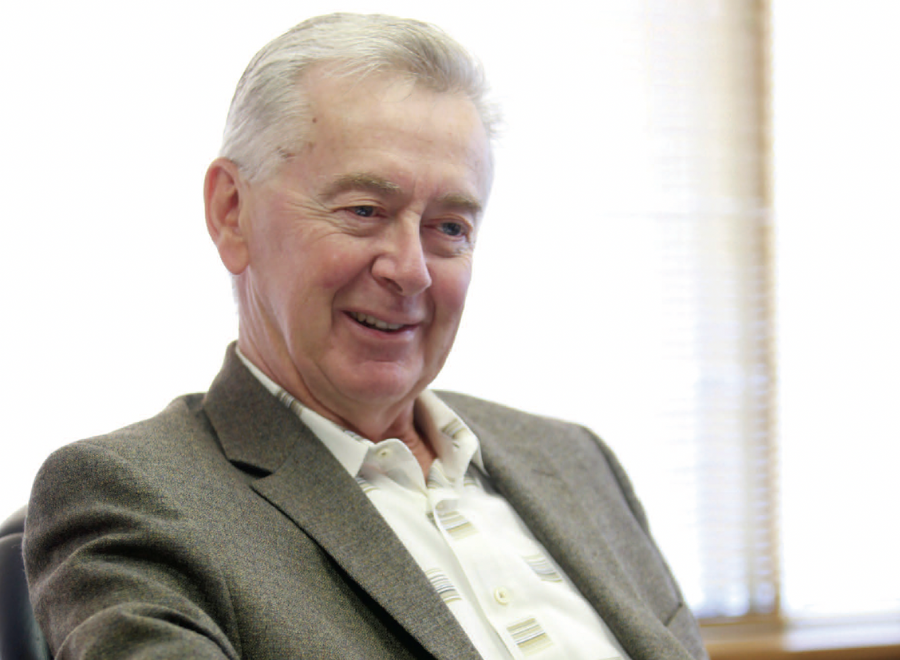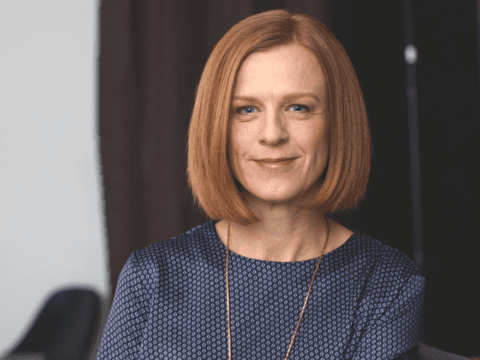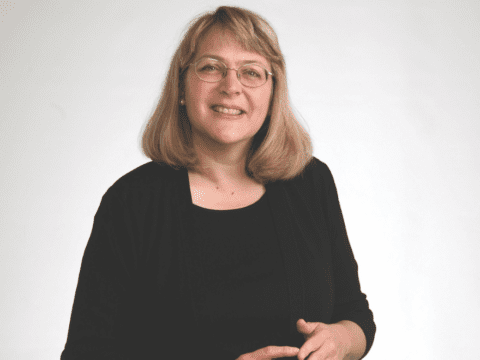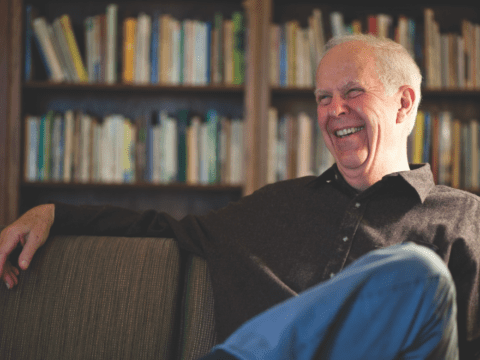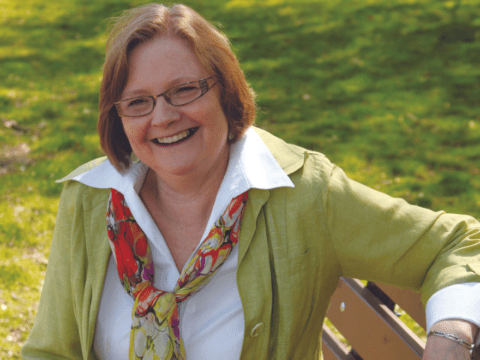Preston Manning, founder of the Reform and Canadian Alliance parties and CEO of the Manning Centre for Building Democracy, talks to Frank Dabbs about the centre’s faith-politics interface program and Christianity today.
FRANK DABBS: How many people have participated in the faith-politics interface program since it was founded in 2006?
You may unsubscribe from any of our newsletters at any time.
PRESTON MANNING: The program is a small part of the Manning Centre for Building Democracy, which provides practical training for those preparing for a political career. About 600 people have participated to date. I give talks on the subject at bigger events; up to 5,000 have listened to me on politics and faith.
FD: What doest the Manning centre for Building Democracy aspire to accomplish by getting involved in the interface between faith and politics?
PM: The program is designed to help people of faith who want to get involved in politics to do so wisely and graciously so that they are a credit, not a discredit, to the democratic process and to their faith.
FD: What is the “great guideline” that you have spoken of for Christians in politics?
PM: For about the first year of his ministry, Jesus did everything and his gang of followers observed. When he sent them out to do public work for the first time, he gave them some guidance. First and foremost, they should be wise as serpents and gracious as doves. In Scriptures, the serpent was the symbol of the Devil, so Jesus said, “Be as shrewd as the Devil.” And the dove was the symbol of the Spirit of God, so he said, “Be as gracious as God.”
FD: Did you have a dramatic spiritual call to a career in politics?
PM: There are people who have some kind of a vision that God inspires them to do great things. That’s not been my experience. In his letter to the Ephesians, Paul says to be humble and kind, be considerate, be like God in graciousness, be wise, be filled with the Spirit of God. The Christian faith is as much a call to be a certain kind of person as it is to do certain things.
FD: The faith-politics interface program embraces not only Christians but other people of faith, including Muslims, Jews, Sikhs and Hindus. What common ground have you found with believers of other faiths?
PM: All faith groups are threatened by a militant secularity that says they are completely irrelevant and if they are going to hold religious beliefs they should do so in private. If someone religious screws up, the secular critics say, “That’s what happens when you let these religious guys out of their private box.” They don’t care if it is Christian or Sikh or Muslim.
FD: You counsel pastors and churches to avoid importing partisan electoral politics into the body of Christ. Why?
PM: Don’t allow yourself to be used by political groups. Jesus didn’t come to found a political party or interest group, even though some people wanted him to. Faith-oriented people want to be influential so they build political relationships, but those relationships are two-way streets. Politicians are envious, especially of big churches and their mailing lists and other organizational assets. That’s not to say the church shouldn’t endeavour to be influential, but do it by equipping followers to permeate everything they do with salt and light.
FD: Many Canadians who profess Christian beliefs and hold fairly conservative social and moral values also think government should play only a minor role or no role at all in regulating individual behaviour. Is there a resolution to this apparent paradox?
PM: When social conservatives advocate certain positions like the traditional definition of marriage or laws on abortion, many people support them. But if your solution to advance or defend that position is some action by the state, then a whole bunch of people get off the train. Is this just the lack of trust in the capacity of the state to do things? If not the state, who should deal with these issues? People don’t trust any big institution: the state, church or academe.
But if you want these values preserved and advanced, then how? I’d like to do more research asking people why they get off the train and how to preserve those values.
FD: How has Jesus Christ changed your life?
PM: The question is more, how has he shaped my life? I’ve read a lot but I’ve hardly read anything twice except the Bible. Jesus’ teaching has shaped my life at every stage. It’s fine to be raised in a Christian home and church as I was, but you have to incorporate what Jesus taught into your life. I’ve never had trouble accepting the basic Christian tenets. For me, the challenge is to find how this affects me. How does my faith influence my interests?
FD: Who is the Christian politician’s constituent?
PM: In a democracy, the constituency is all the public, whether or not they are Christians or believers. I didn’t hide the fact that I was a Christian, but I never gave political speeches in churches and I never ever went to Christians and said, “I’m one of you, so you should support me.”
FD: Christians on the left are active in social justice issues. Christians on the right are engaged in socially conservative issues such as abortion. There are great divides. Yet there is one New Testament, one God and one Word made flesh dwelling among us. Can these deep political divides be bridged?
PM: Disputes tend to discredit the community of believers. Politics is about the reconciliation of conflicting interests. In the Christian faith, reconciliation is the central doctrine, so for Christians in particular to be unable to reconcile differences among ourselves really discredits us. Christians have to make a huge effort to reconcile their differences, and where they can’t, to agree to disagree. The effort has to be made to bridge those divides.
In the Old Testament, if you kept the law, that was enough to reconcile you to God. The lawgiver was distant and didn’t get involved with the parties.
The New Testament provides a model for reconciliation in the role of the mediator. Jesus was a completely different kind of mediator. He ended up sacrificing his own interests to bring the people and God together. Can that model be applied to bringing our differences together? I’m not sure how that works out, but there is a role for mediators who identify with both sides and who will take a sacrificial approach.
***
This story first appeared in The United Church Observer’s October 2010 issue with the title “‘All faith groups are threatened by a secularity that says they are irrelevant.’”

